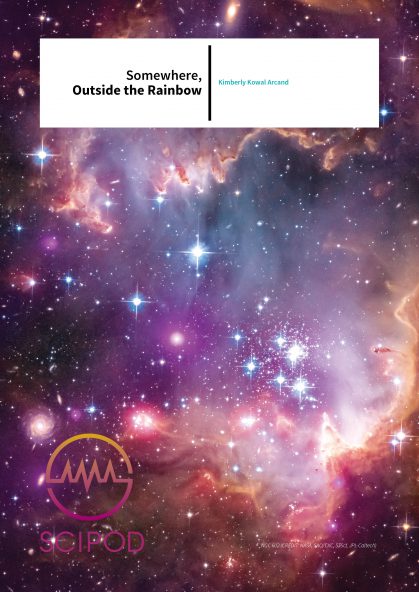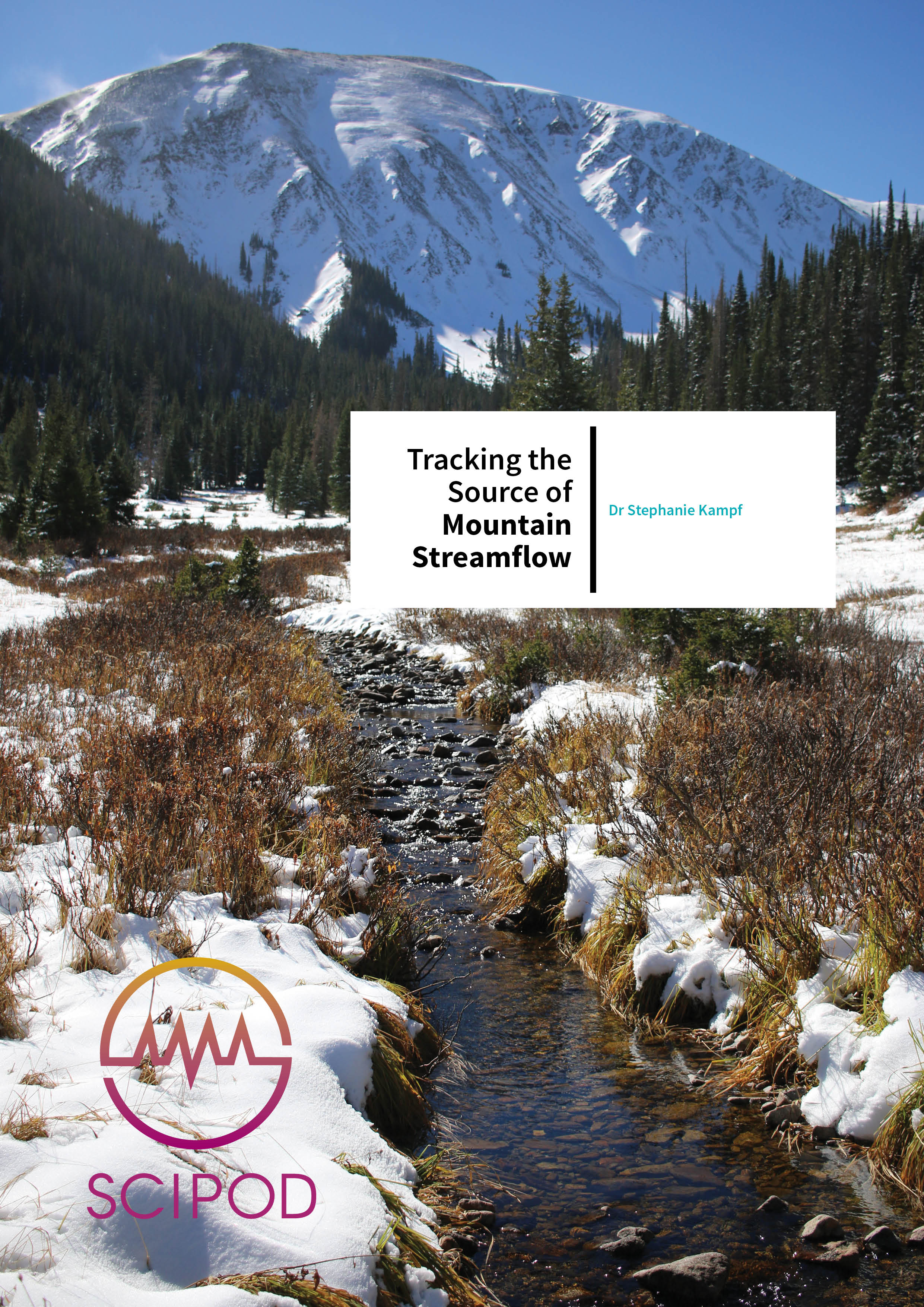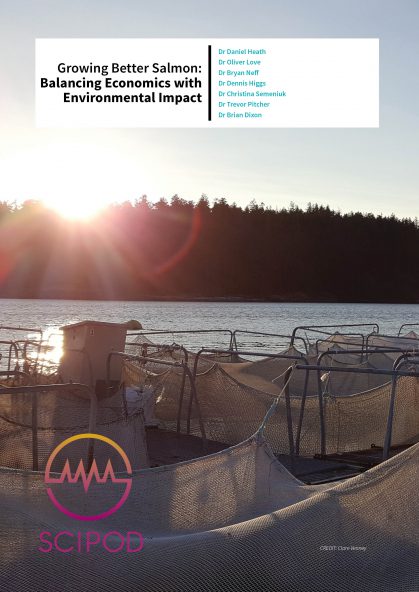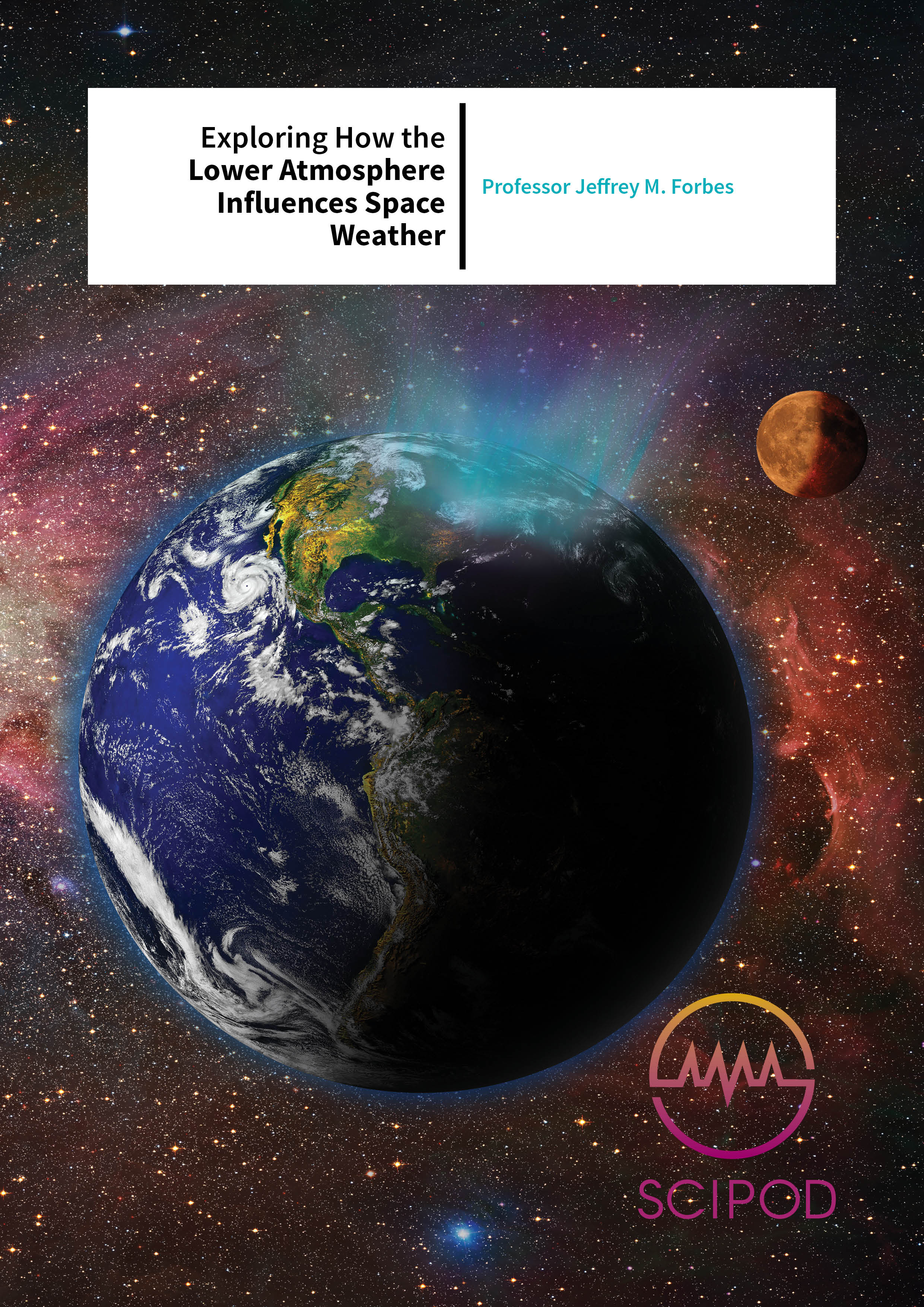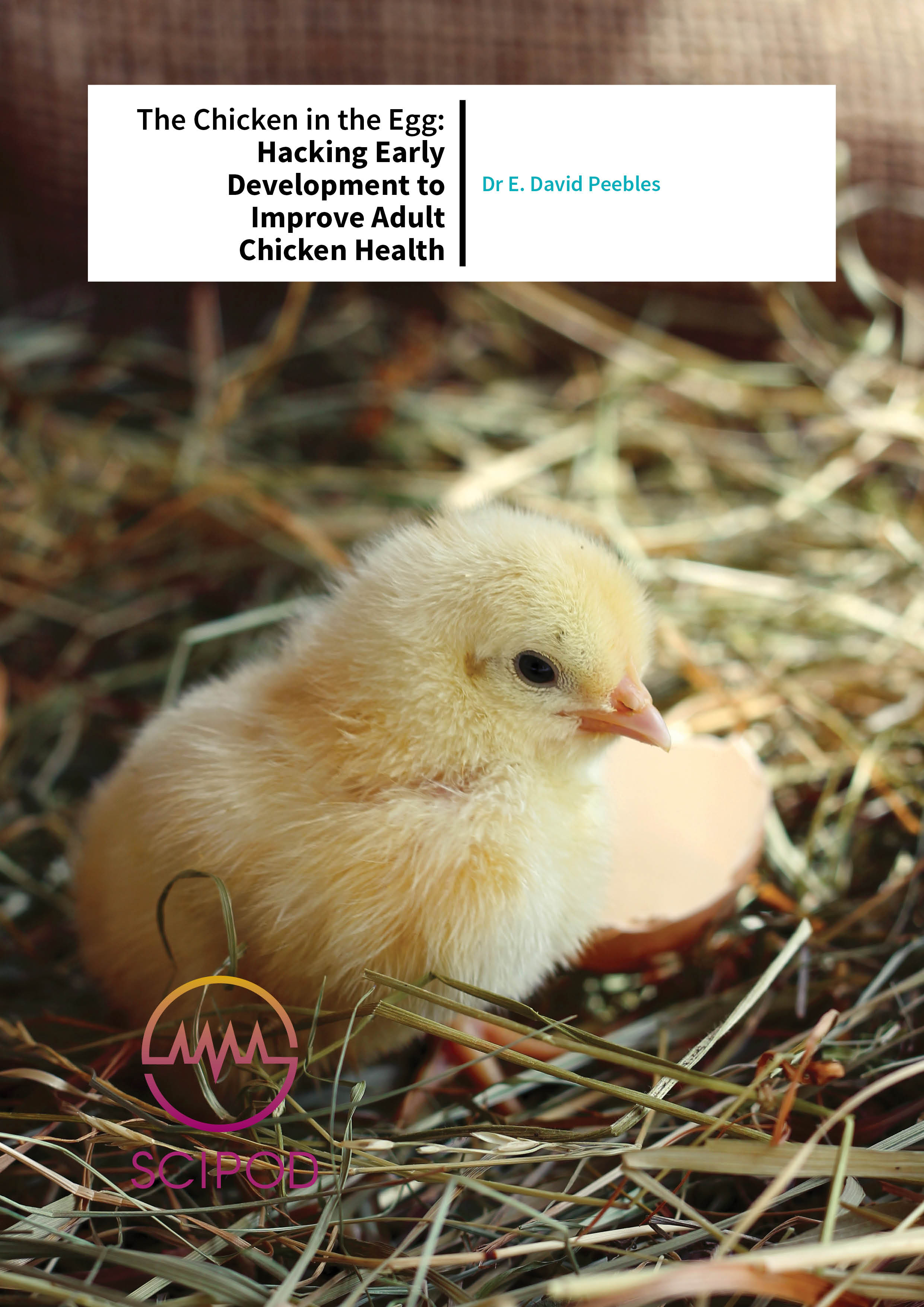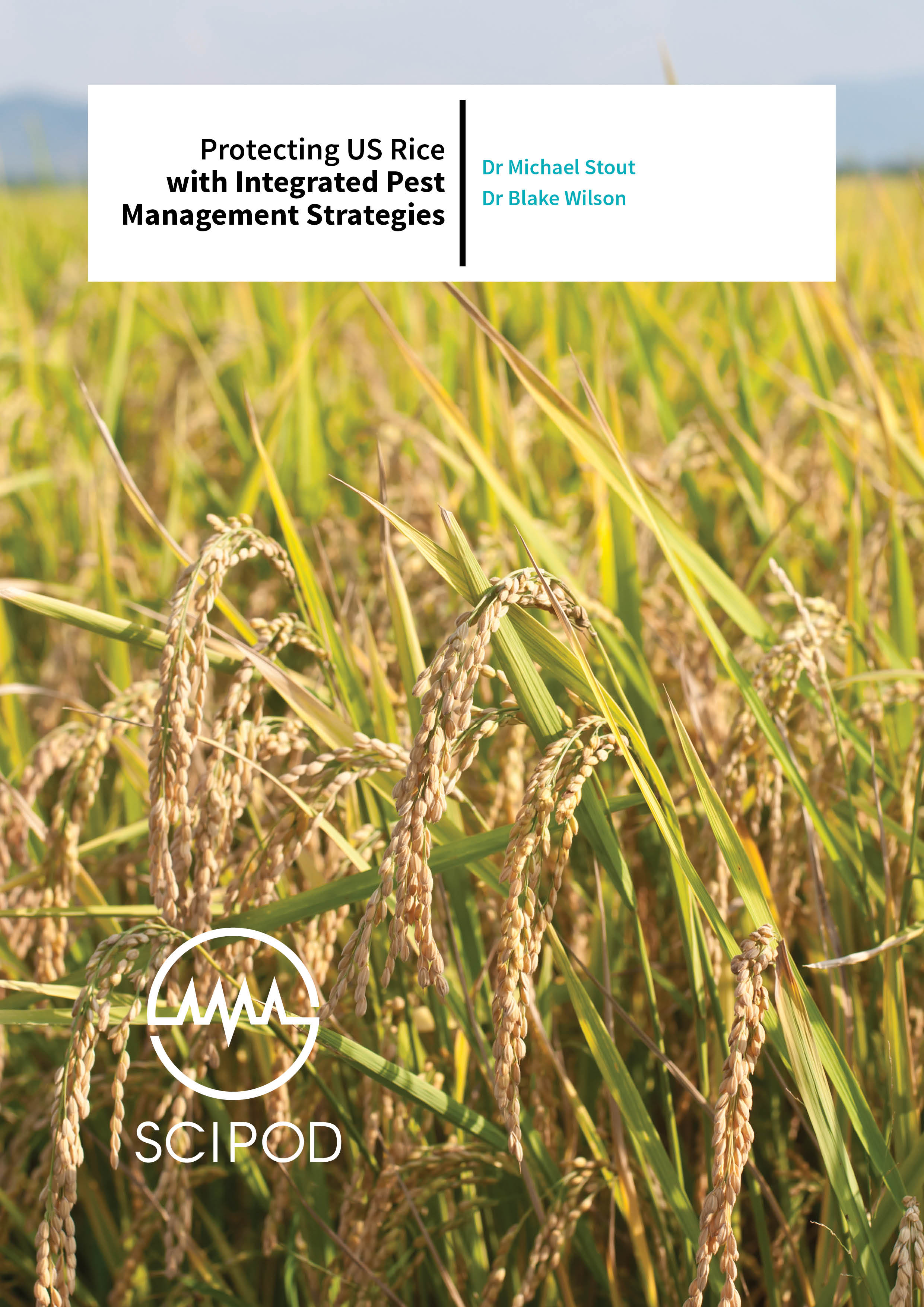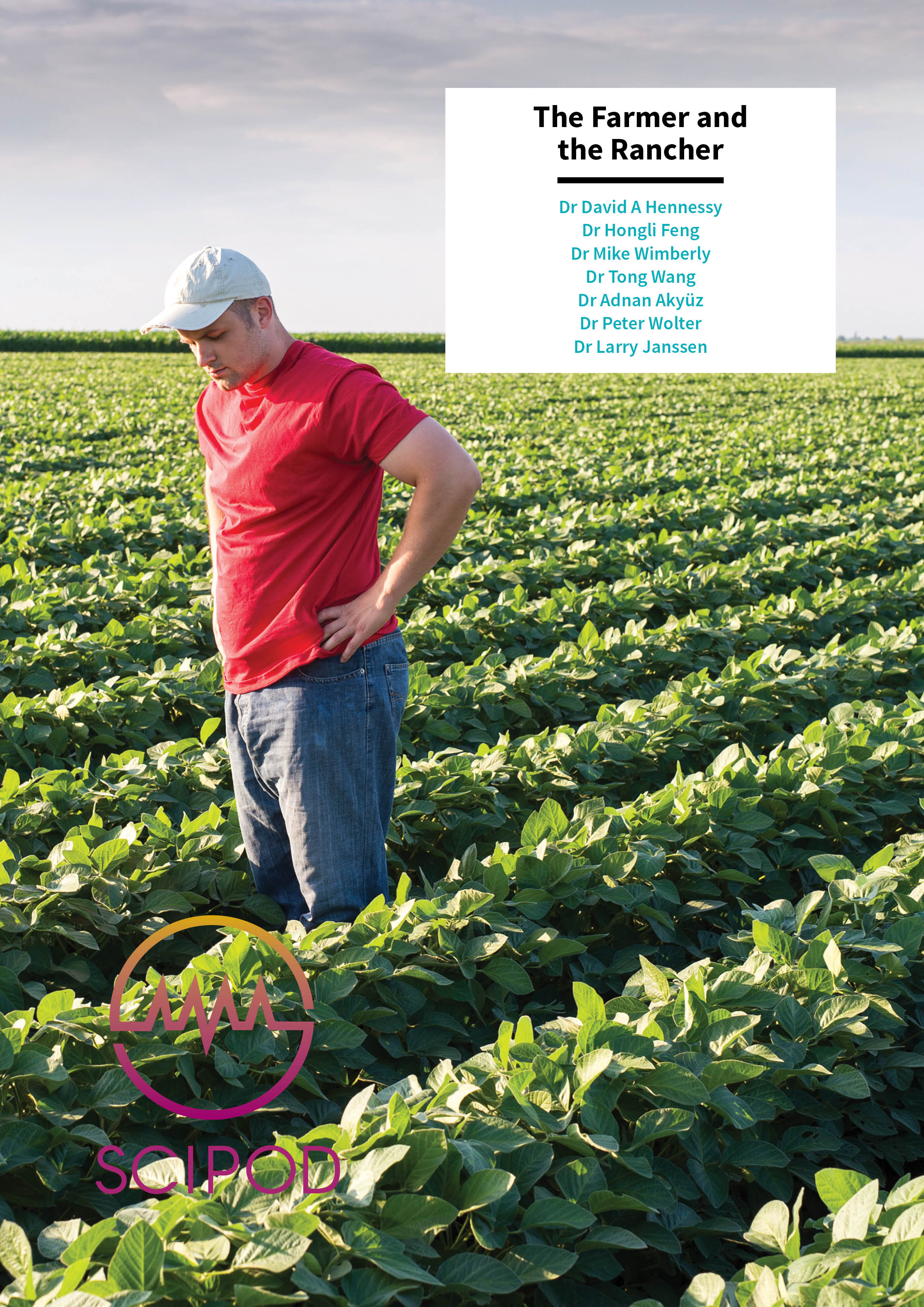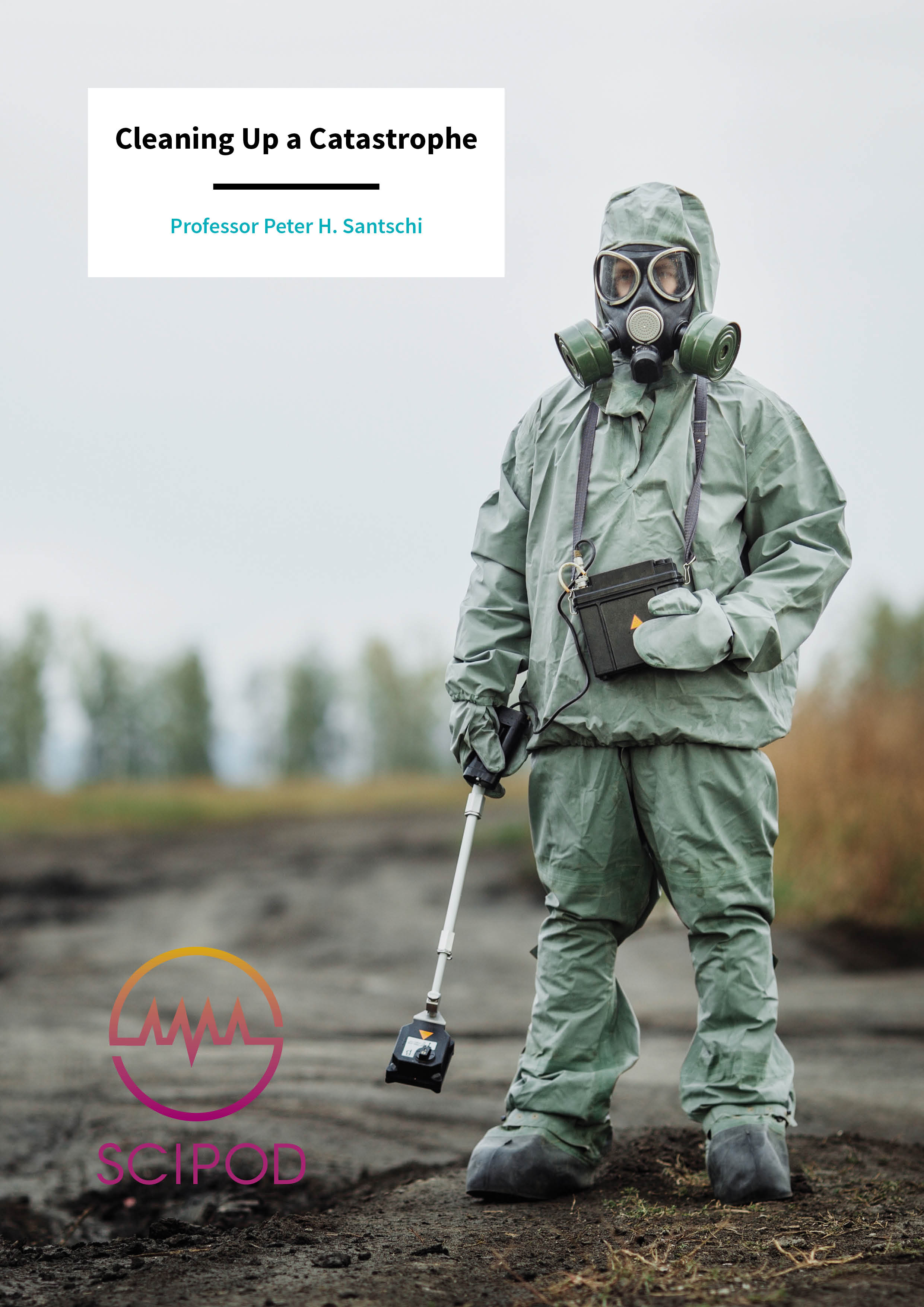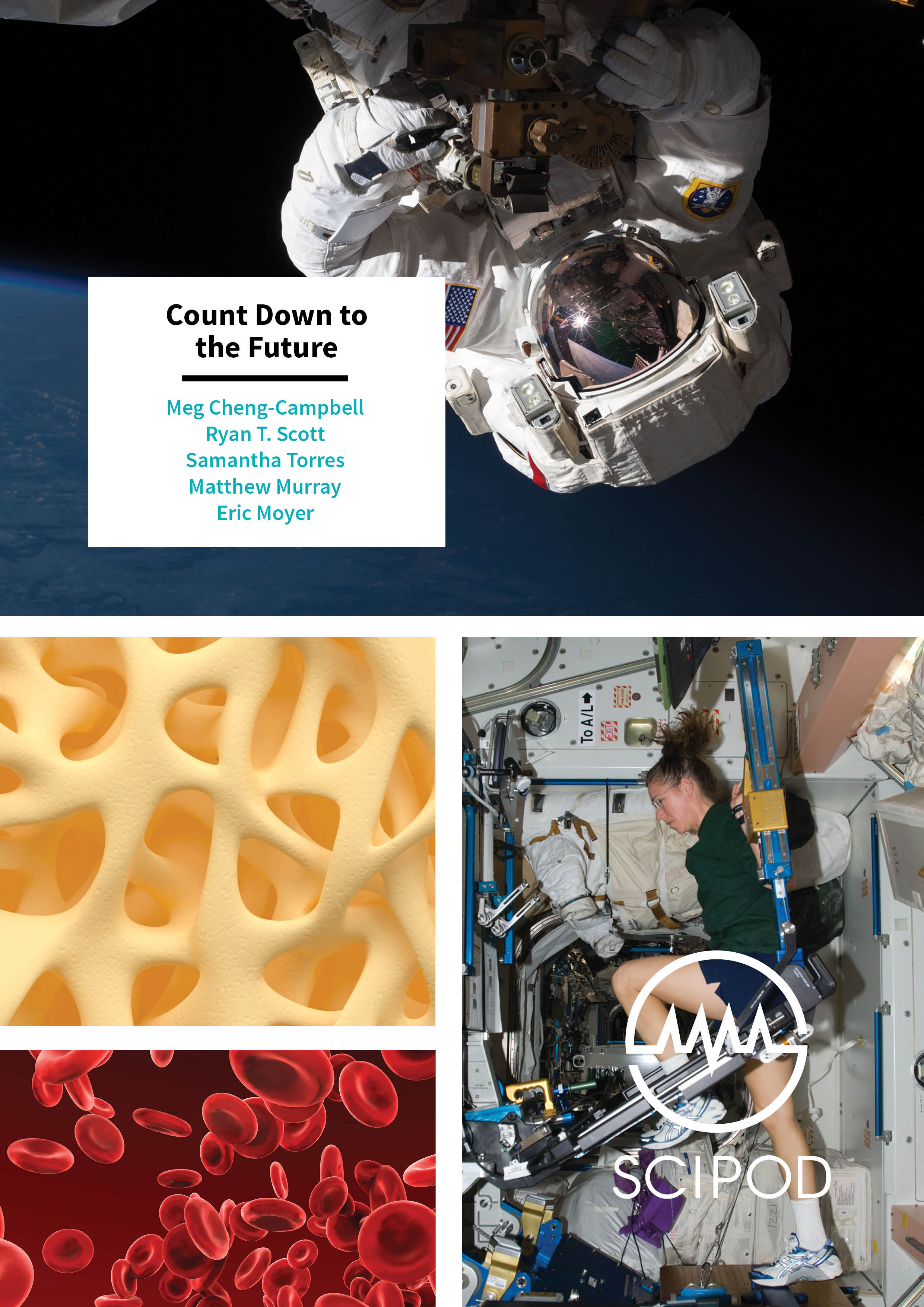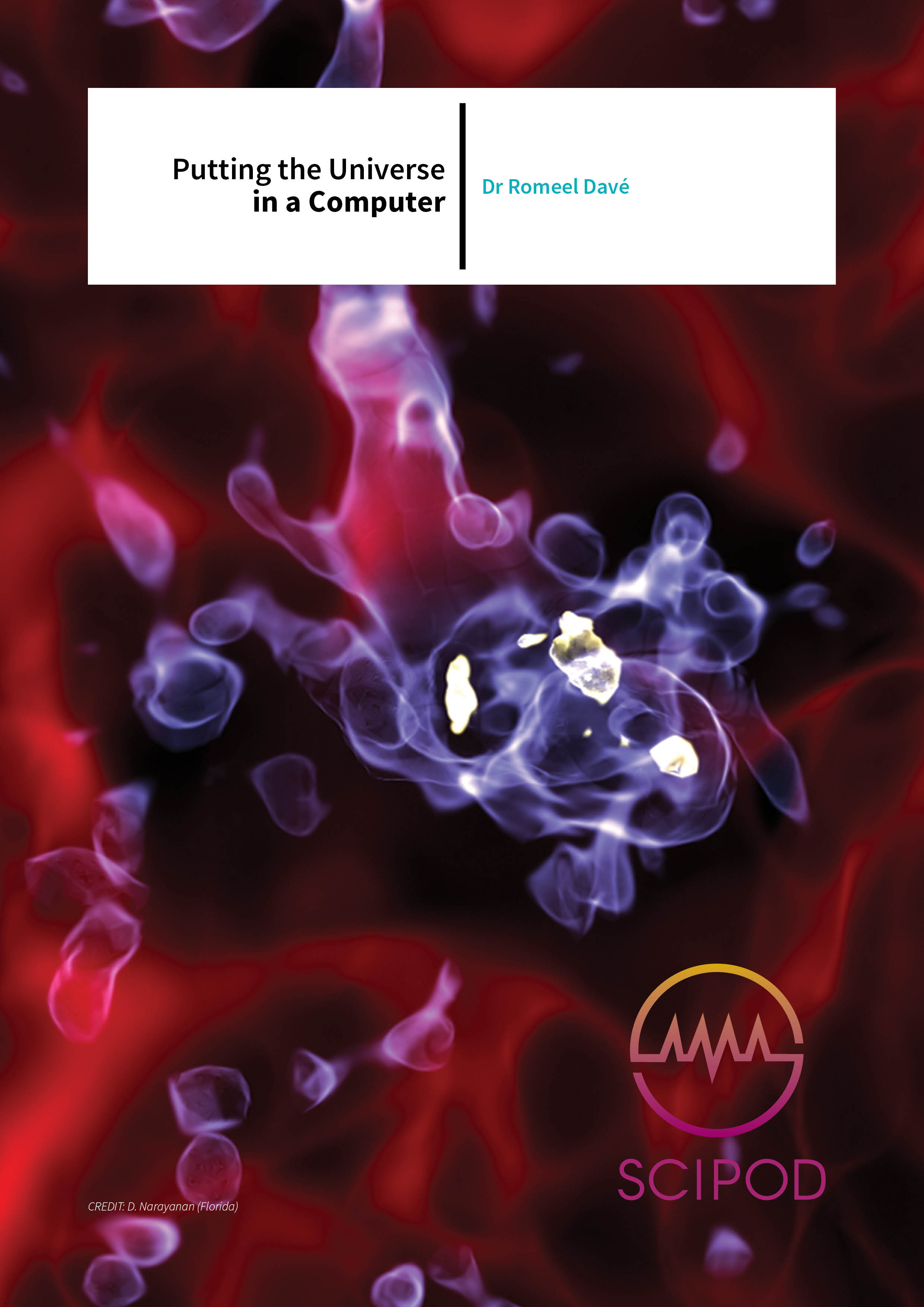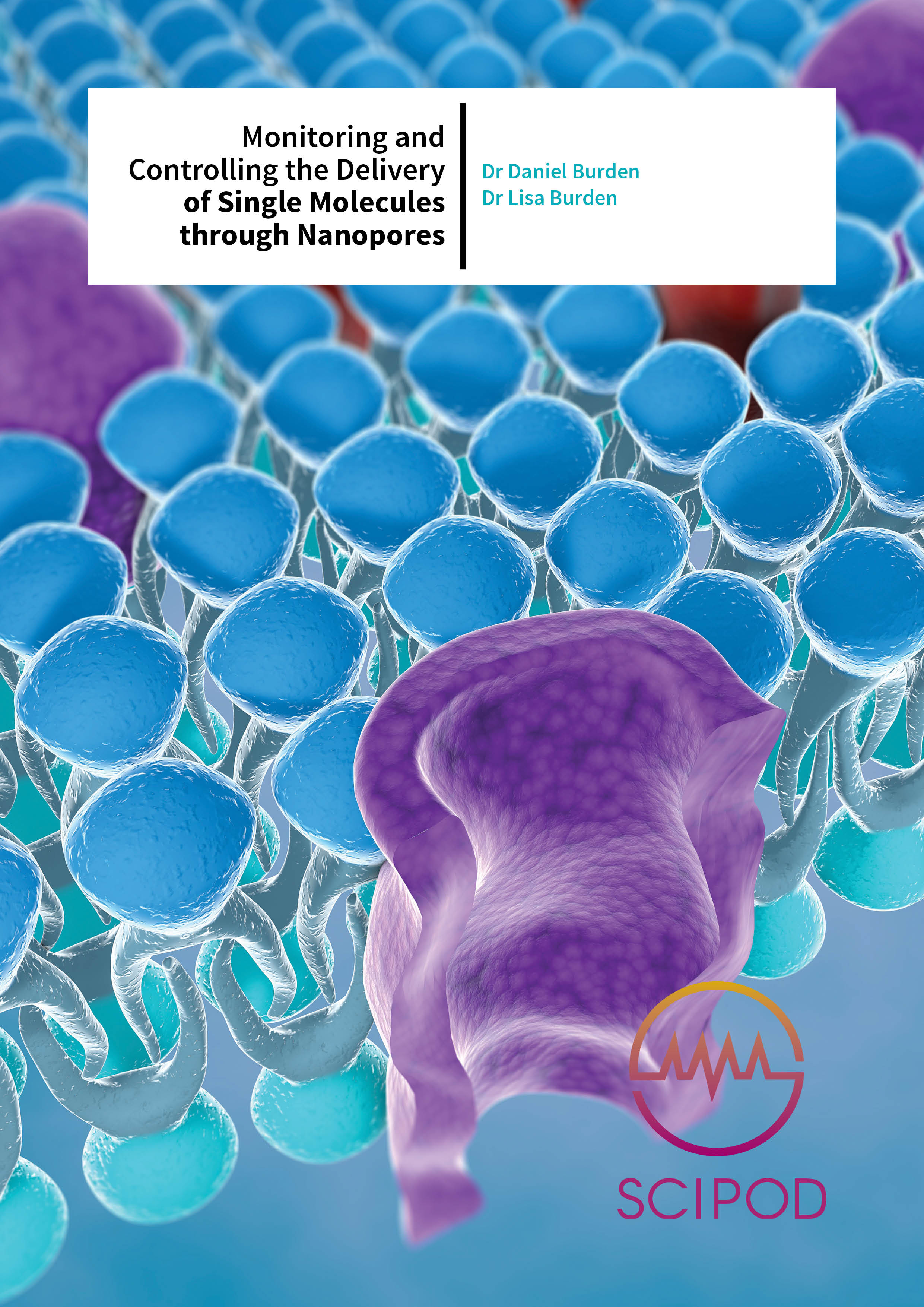Knowing What We Face in an Uncertain Climate – Drs Roger Cooke and Bruce Wielicki
Feb 20, 2018earth and environment, social and behavioural sciences
Dr Roger Cooke of the non-profit Resources for the Future and Dr Bruce Wielicki of the NASA Langley Research Center have been researching the challenges, costs and benefits of a proposed international climate observation system capable of providing the highly valuable information needed for managing our climate.
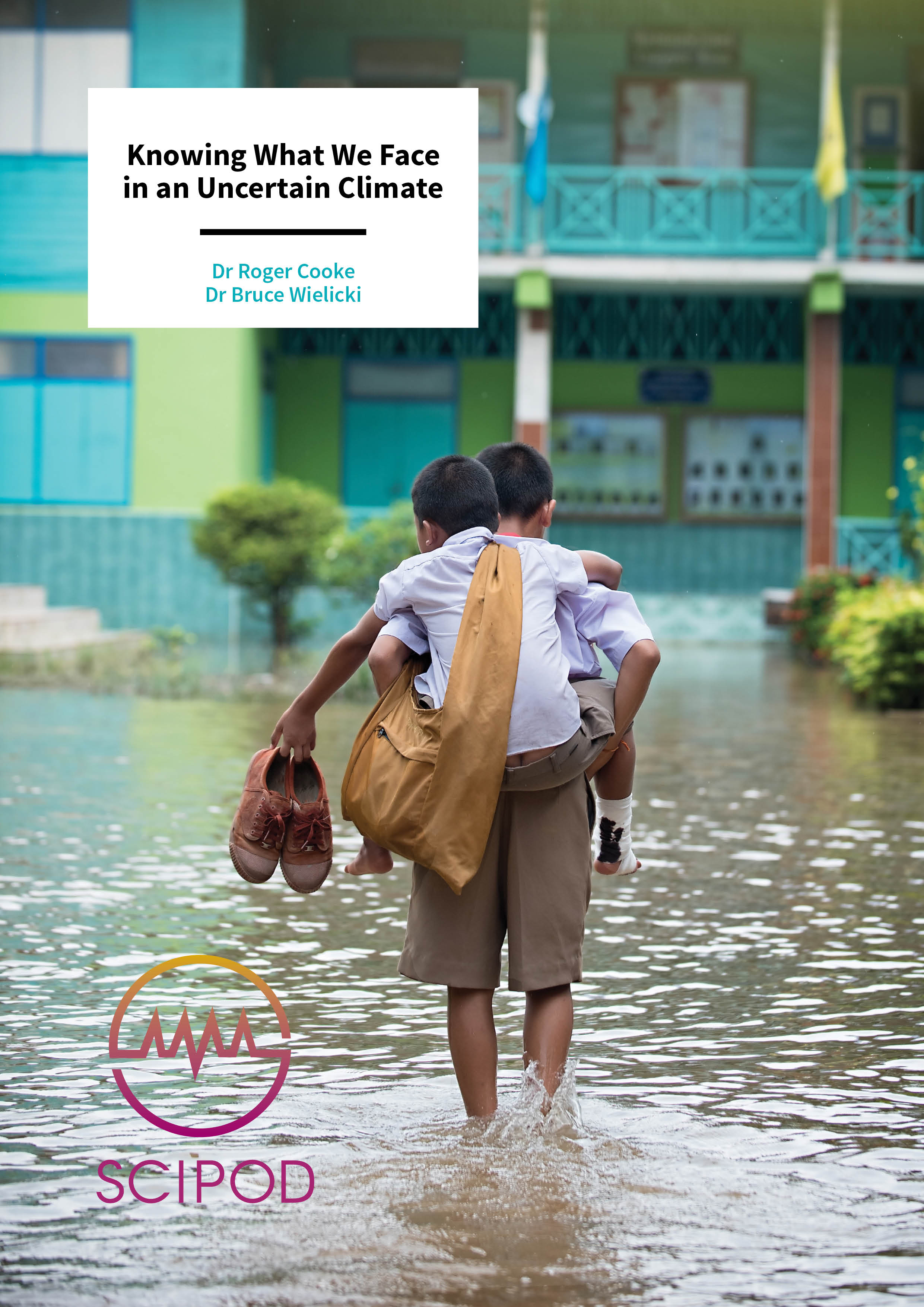
You may also like …

Defending Authentic Leadership: A Response to Critical Claims
A recent paper from Professor William Gardner at Texas Tech University and Professor Kelly Davis McCauley at West Texas A&M University challenges a critique that characterized authentic leadership theory as “wrong” and “perilous.” Their analysis demonstrates how misrepresentations of the theory can undermine valuable leadership approaches, while highlighting the empirical support and practical benefits of leaders striving for authenticity in organizational settings.

Evaluating the Impact of University Chaplains: A Two-Phase Research Study
Research from Dr Christopher W. B. Stephens and Sue Miller at the Susanna Wesley Foundation, Southlands College, Roehampton, reveals how university chaplains can effectively evaluate and demonstrate their impact within higher education institutions. Their work shows how chaplains can meet institutional demands for accountability while maintaining the unique spiritual and pastoral nature of their work, offering insights into evaluating the distinctive aspects of chaplaincy services.

Dr. Oksana Komarenko and Dr. Gerardo Ramirez | Pressure Points: The Science of Performing When It Matters Most
Performing at your best when it matters most is something a lot of people struggle with. You can prepare for days, even weeks, but the moment you step on stage, walk into an interview, or face a big audience, things shift. Suddenly, what felt solid in practice starts to slip. I’m Dr. Oksana Komarenko. I teach at Ball State University, and I’m also an opera singer. I know what it’s like to face high-pressure moments. During my first major solo recital, my hands started shaking so badly I could barely control them. Everything I had rehearsed felt just out of reach. And I’m not the only one. Research shows that over 77 percent of performers experience the same thing when the pressure is on.

Prof. Jason Dana | The Confidence Conundrum: Why Unstructured Interviews Are Misleading
Employers and other decision makers typically use interviews to make their final decision on candidates applying for important positions. The process begins by reviewing resumes, and checking references, before the final and typically most important act, the interview. Within mere minutes, an interviewer can form a strong impression of a candidate. For instance, this may run along the lines of “this person seems confident, articulate, and driven” or “this person does not represent themselves well, and likely won’t be a good fit”. By the end, the interviewer may feel that they truly understand the candidate. But what if that feeling is just an illusion? This is the question tackled by Prof. Jason Dana of Yale University and his colleagues in their research on unstructured interviews. Their findings challenge one of the most common hiring and admissions practices: the belief that sitting down with a candidate and having a free-flowing conversation reveals valuable insight. In reality, their study suggests that unstructured interviews often do more harm than good, leading decision-makers to rely on misleading impressions rather than objective facts.

Professor Joanne Wood | A more complex view of how self-esteem shapes romantic relationships
Research by Professor Joanne Wood at the University of Waterloo reveals how self-esteem influences romantic relationships through a chain of psychological and behavioral effects. Their work challenges simple explanations and demonstrates how one partner’s self-worth can create ripple effects that impact both partners’ relationship satisfaction.

Professor Denise Troutman | Rethinking ‘Sassy’: The Complex Intersections of Race, Gender, and Linguistic Politeness
Research by Professor Denise Troutman at Michigan State University examines how race, gender, and social context shape perceptions of politeness and impoliteness in language, particularly focusing on the term ‘sassy’ when applied to African American women and girls. The research challenges traditional theories of politeness and reveals a need for cultural contextualizations to avert harmful stereotypes.
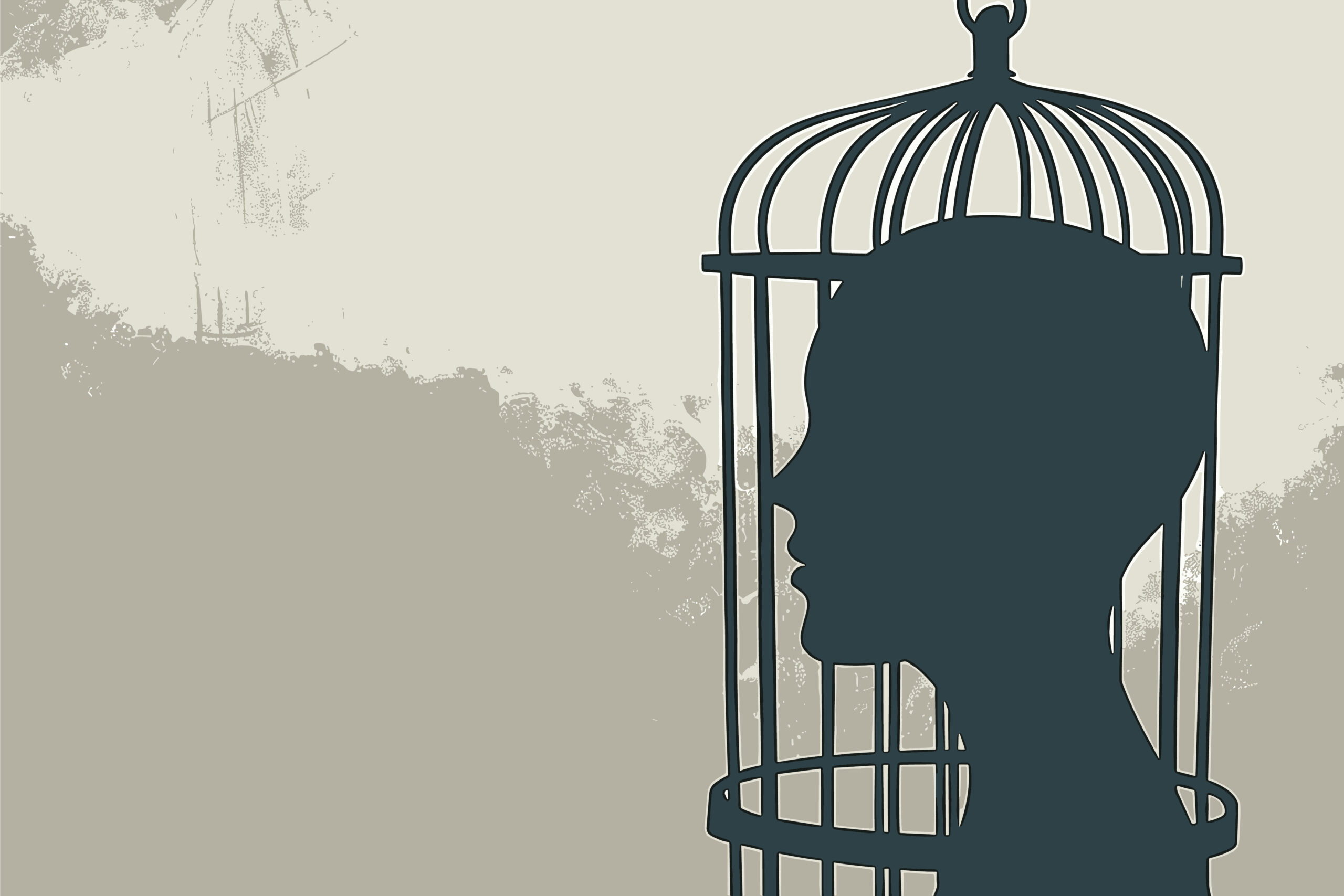
Dr. Mabrouka Abuhmida | From Shame to Support: Mental Health Stigma in Conservative Communities
In many regions around the globe, common mental health issues are cloaked in secrecy by those who experience them, and are frequently stigmatized and misunderstood by others. This is a particularly serious issue in conservative communities, where cultural and religious values have significant effects on the provision and use of appropriate mental health care resources. In a new mini-review article published in the journal Frontiers in Public Health, Dr. Mabrouka Abuhmida, Dr. Wendy Booth and Dr. Felix Anyanwu of the University of South Wales in the UK, have explored this critical topic, revealing the damaging impact of stigma in such communities, and exploring new solutions to enable adequate mental healthcare in this context.
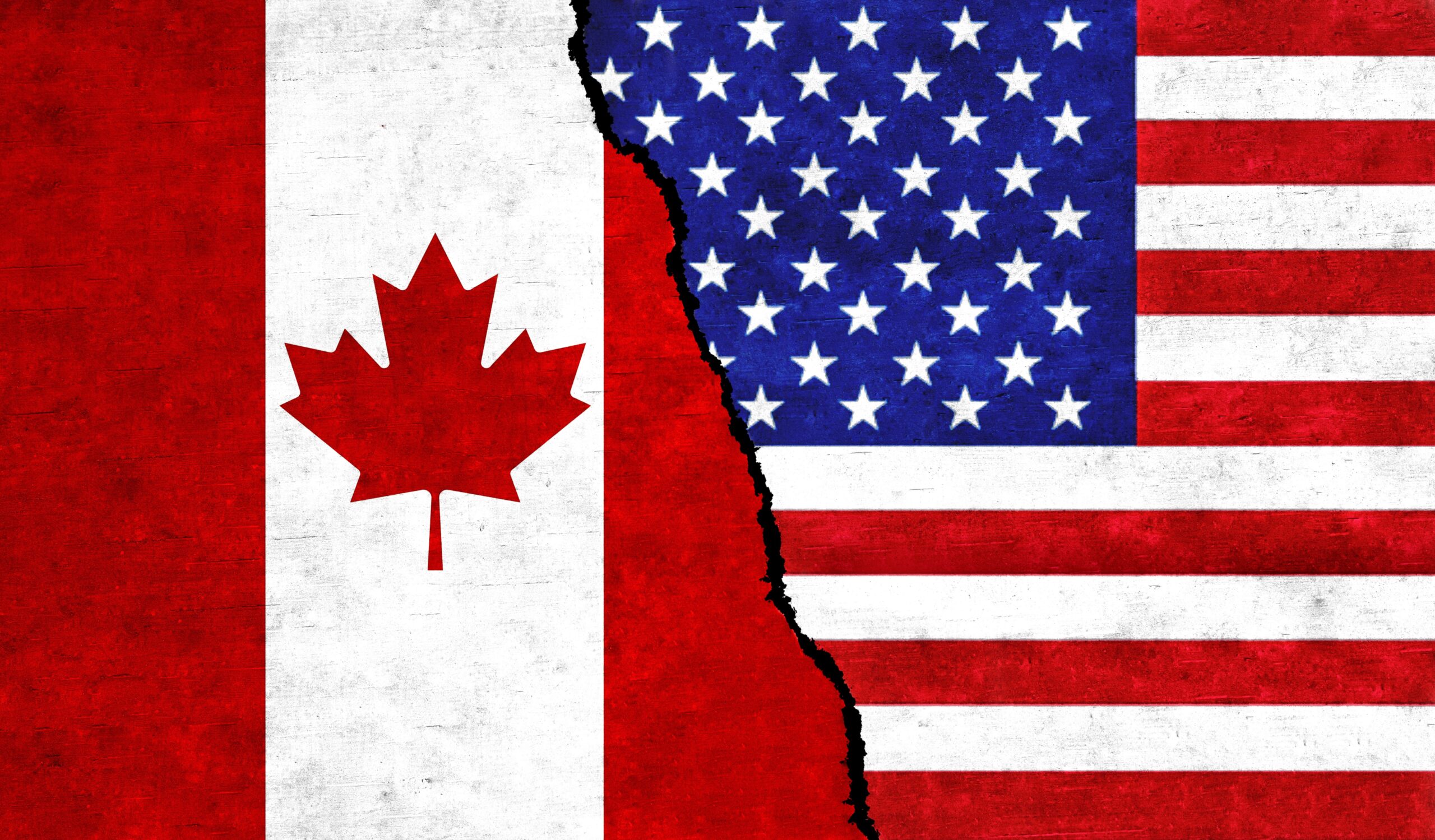
Professor Will Greaves | How Donald Trump has changed Canada-US relations
Research by Professor Will Greaves at the University of Victoria examines how the Trump presidency has impacted the long-standing security relationship between Canada and the United States. His analysis reveals concerning shifts in the foundations of bilateral cooperation and trust between these traditionally close allies, with implications for the future of North American security arrangements.
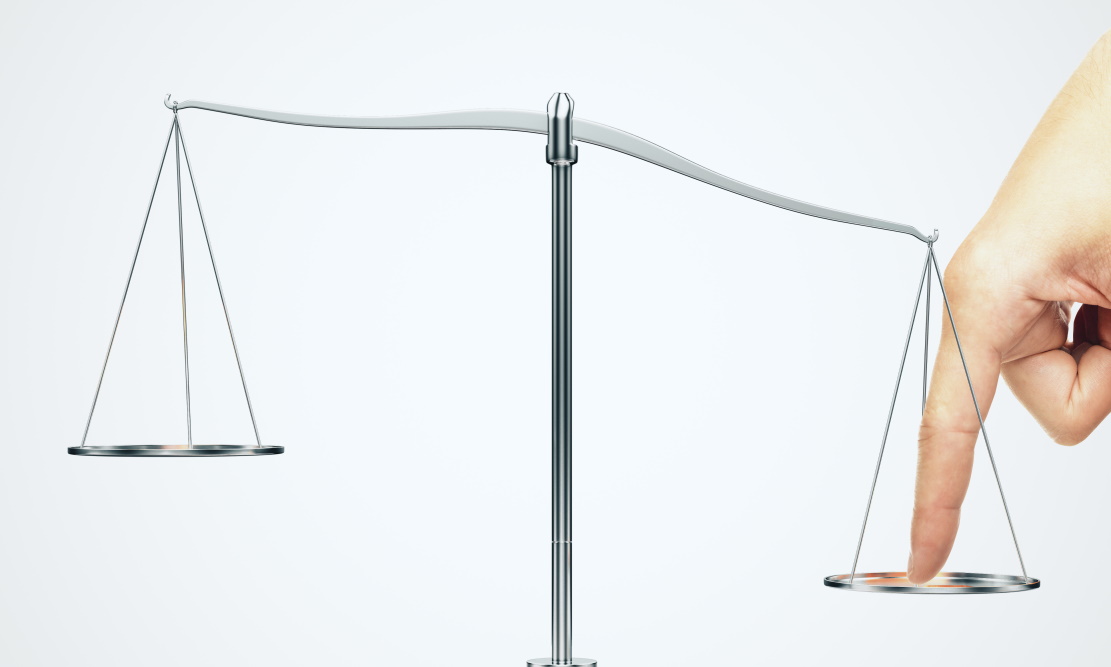
Dr. Anne Hultgren | Do dual-anonymous reviews reduce university bias in research funding?
Research by Dr. Anne Hultgren and colleagues at the Arnold and Mabel Beckman Foundation demonstrates that blinding reviewers to applicants’ institutional affiliations (also known as dual-anonymous reviews) leads to more equitable distribution of research funding opportunities. Their study reveals how removing identifying information helps overcome unconscious biases toward prestigious universities in grant review processes.

Professor Magnus S. Magnusson | The surprising similarities between the structures of human cells and societies
Research by Professor Magnus S. Magnusson at the University of Iceland demonstrates surprising similarities between the organization of cellular protein networks and of human societies. He reveals how the invention of writing and, very recently, general education, transformed human civilization in ways that mirror ancient biological developments and emphasises how this makes humans unique.

